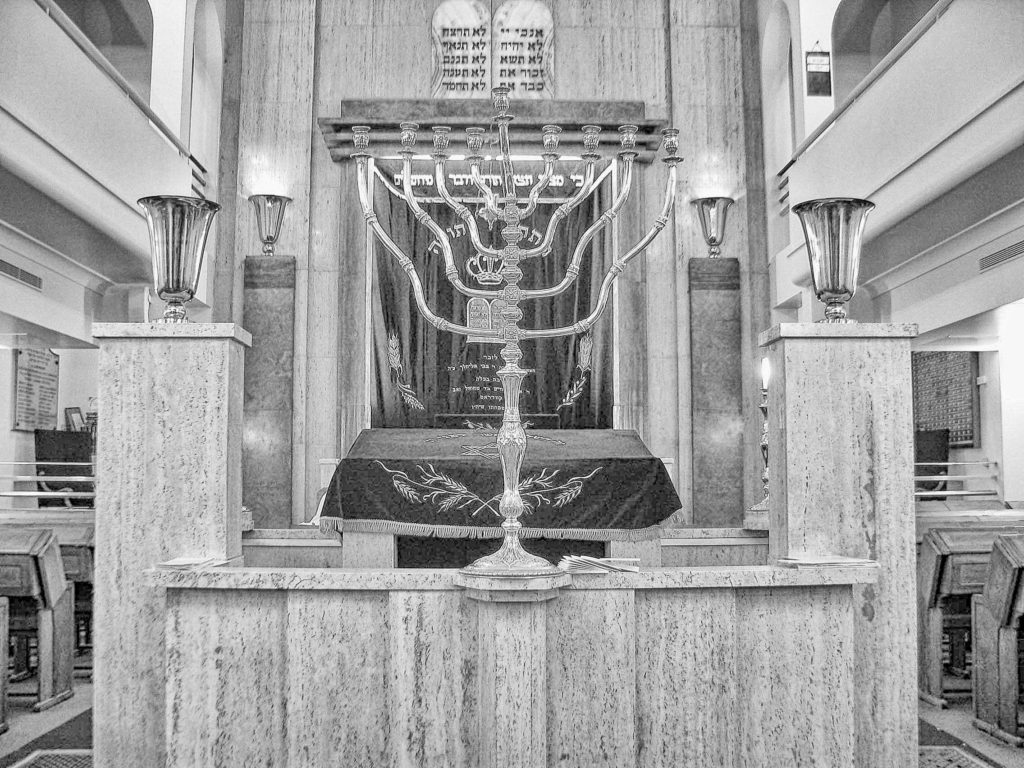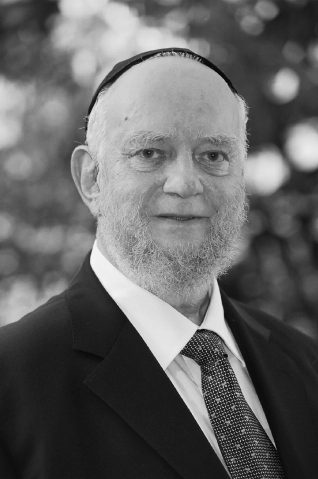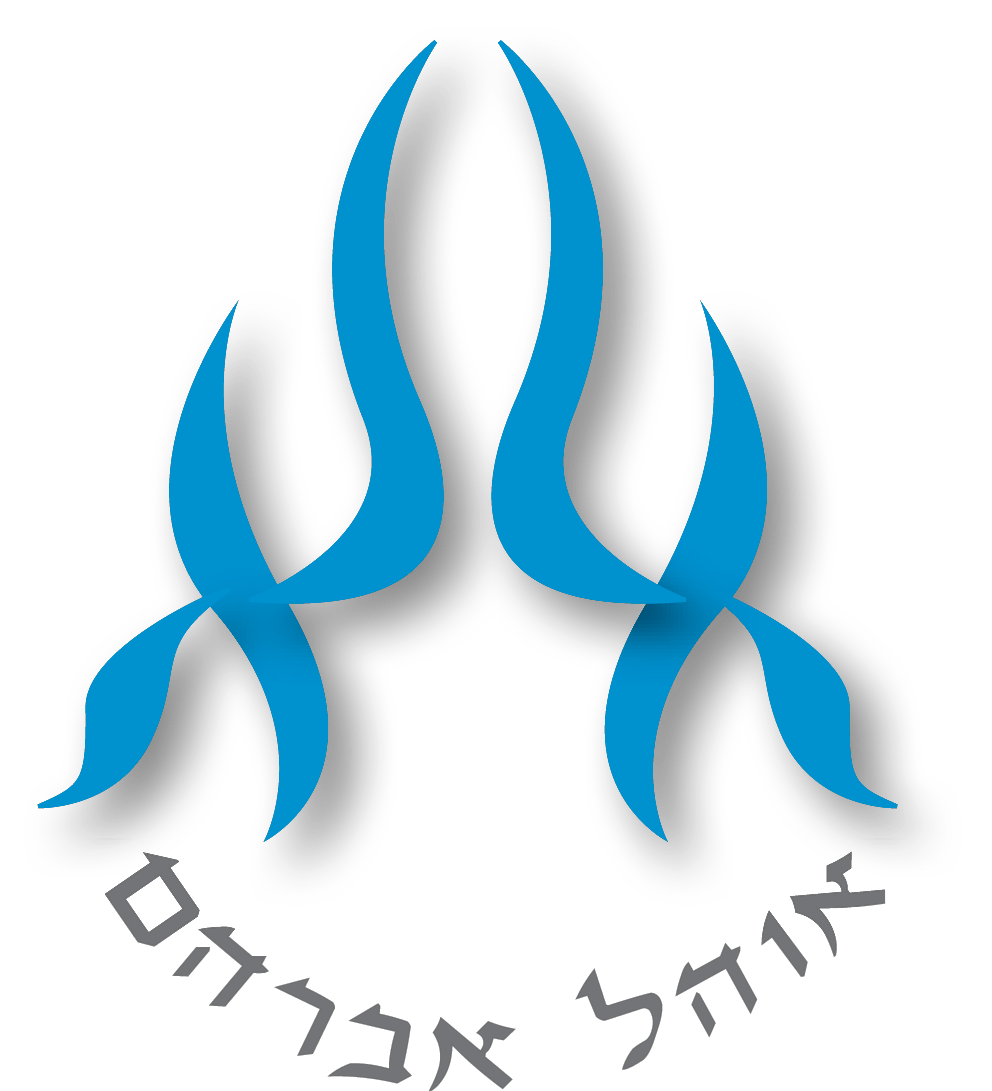Beginnings of Montevideo
For more than four generations of Jews from western Paris, mainly from Eastern Europe, Montevideo is not the capital of Uruguay but an independent, authentic place of worship, respectful of the law, of values and traditions of Judaism.
It was in 1936, after decades of practicing religion in apartments (avenue Malakoff and rue Lalo), that the community moved into a former private mansion on rue Théry (renamed in 1928 rue de Montevideo) then there, it was decided to make it a real synagogue at number 31.
From this date and despite the war, the community of Montevideo will continue to develop with the acquisition of a building on rue Dufrénoy rehabilitated into a community center (known as the Edmond Weil Community Center – CCEW) within which is organized many social (CASIP, ‘Hevra Kadisha), cultural (Talmud Torah) and leisure (settlements) activities.
Today and beyond its religious vocation, our community has developed a dynamic community life. The recent renovation of the Edmond Weil Community Center offers everyone the opportunity to organize, under excellent conditions, in the immediate vicinity of the synagogue, family events (Seuda, Sheva Berakhot, etc.). Our community center also organizes many activities such as the Talmud Torah, E.E.I.F. group, own or partnership series of conferences, ulpan, exhibitions, visits, trips, book club, film club, broadcasting of sporting events, etc.
Listen to excerpts from the Choir of the Synagogue of Montevideo dating from 1938: CLICK HERE.
Download newspaper from ANNETTE LEVY-WILLARD :


On the right: Rabbi Jean Schwarz
Gottlieb years

Heir to a line of twenty-five generations of rabbis, it was in 1972 that Daniel Gottlieb took over in Montevideo from Rabbi Jean Schwarz, for whom he had already had the opportunity to act in 1964, during the his sabbatical year in Israel. The following year, he married Odylle Aziza, and the couple’s house, wide open to all, will therefore become the convivial center of the spiritual life of the community, whose name it illustrates well, Ohel Avraham, “this tent that the patriarch had open on all sides to attract and accommodate 1 ”. Devotees of the time still remember those “Shabbat afternoons when after class you could knock on the 4th floor door, study, chat, discuss – usually community issues, play chess 2 »…
These years saw a considerable extension of the shul which, in addition to the 150 regular Shabbat, now has some 700 families who revolve around what has become the most important of the few Achkenazi communities in Paris. She has excellent relations with the Consistory, although she has chosen not to join in order to preserve her independence. The same goes for the oratory installed by Jules Temstet at the other end of rue Montevideo, a “spin-off” of certain faithful mainly attached to a Sephardic rite for the office. The concern that especially torments the successive presidents of the time is the expansion of the synagogue, or even the purchase of a new building …
The Shabbat morning Kiddush where everyone meets after the service is the high point of this warm community life, also punctuated by the Purim lunch, that of Social Action, and of course the Sukkot meals where Moreover, each year we see the neighboring minyanim arriving in the Sukkah on rue Dufrénoy who do not have them. There is also the study circle which meets every month at one or the other to listen to Rabbi Gottlieb, the ulpan, the Talmud Torah, the Youth Office at Rosh Hashanah and at Kippur, in not forgetting during the school holidays the “colo” animated by the ‘hazan and director of activities Daniel Geissmann with his wife Hanna, who took over the torch from the couple Sally and Alice Heidingsfeld known for their close collaboration with the rabbi. And how can we not mention the discreet Simon Elkaïm, permanent in every sense of the word rather than a simple shamash, always available, always helpful. ACTI also hosts Claude Lemmel’s Ariel school on rue Dufrénoy. The essential social bond is thus woven day after day by strengthening the cohesion of the community.
The vitality of this sympathetic cocktail attracts, and many are those who come to seek answers to their uncertain Judaism. They often leave their conversation with the rabbi with even more questions, but often also with the desire to learn, to understand, with an extra soul. A solid bond has just been created, and a new family has joined Montevideo… The community has the immense virtue of welcoming everyone, of accepting them as they are: Orthodox or not, more or less practicing, Achkenazi, Sephardic or “Polish” “, Married or hardened single, businessman, executive, civil servant or exercising a liberal profession, whether he is from the 16th or elsewhere … Everyone progresses at their convenience, at their own pace, without ukase and without exclusivity, and bring in his own way his stone to the edifice, whether he is future chief rabbi of France or that he offers year after year the white fabrics which cover the desks during the festivals.
Rabbi and faithful alike are deeply attached to the land of Israel where Judaism can be fully realized, and whose ambassador regularly honors the synagogue with his presence. Sometimes on Shabbat, and almost always on Tishri festivals. The community has not forgotten Rosh Hashanah of 1982 during which, in full service, in a context of generalized anti-Semitic hatred, television arrives to interview Meïr Rosen about Sabra and Shatila. He refused at first, but Rabbi Gottlieb told him, “This is a Pikoua’h Nefesh (danger of death) situation. That’s why you have to let yourself be interviewed so that we know the truth, ”3 and he gets interviewed with his tallit.
What better summary of these thirty happy years than the words of Rabbi Gottlieb himself, a year after his aliyah, during the installation of his successor Rabbi Milewski in December 2002: “I have done everything to preserve this community its own character, its particular character, its independent specificity, to maintain a climate of serenity, harmony and peace”.
1 Jean Bisseliches, last president
2 Me Alex Bloch, ‘Haver and last president
3 Meïr Rosen, last Israel ambassador

 Français
Français